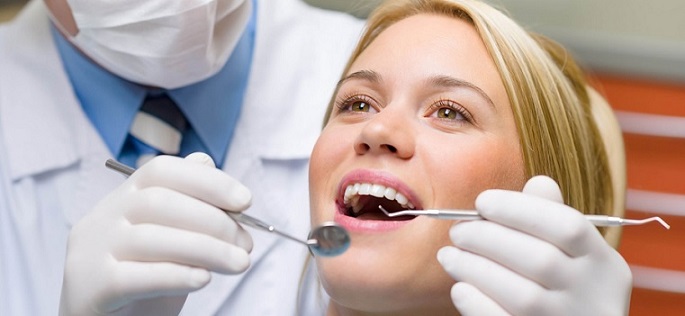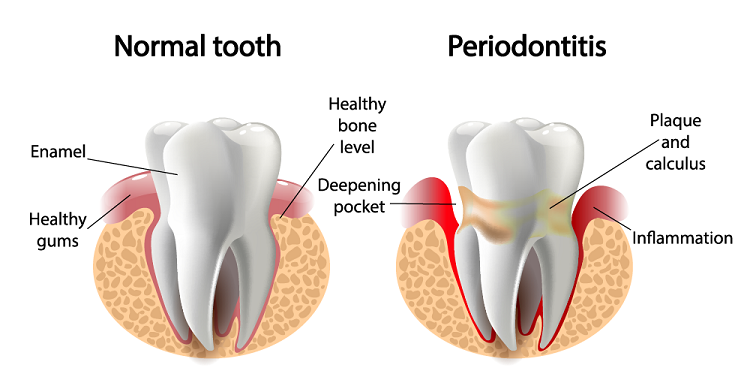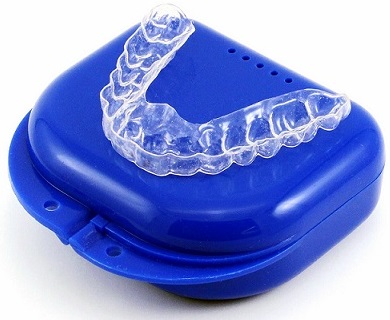Preventing Gum Disease?
Regular dental checkups and periodontal examinations are important for maintaining
your health and the look of your smile. You don't have to lose teeth to get periodontal
disease, and by practicing good oral hygiene at home, you can significantly reduce your
chances of ever getting gum disease. Remember to brush regularly, clean between
your teeth, eat a balanced diet, and schedule regular dental visits to help keep your
smile healthy.
Treating Gum Disease?
Treatments for gum disease can vary depending on the severity of each individual case.
Typical treatments include:
Non-surgical treatments such as at-home periodontal trays, scaling and root
planing (deep cleaning)
help you control the disease and prevent re-infection, we have developed
comprehensive preventive plaque control (oral hygiene) instructions. This will help
ensure predictable treatment and long-term success.
During the active phase of your treatment, we will spend as much time as we feel you
need to perfect your plaque removal skills. Please be patient with the process and with us. We will monitor your progress and review your techniques frequently (whenever we
feel you need additional instructions)
This deep cleaning has two parts:
-
Scaling - Scaling is when all the plaque and tartar (hardened plaque)
above and below the gumline are removed all the way down to the bottom of the pocket.
-
Smoothing the Roots - This is referred to as root planning, and allows
your gums to attach again to your roots.
Scaling and root planning may take more than one visit to complete and may require a
local anesthetic for your comfort.
After a deep cleaning, you may have some discomfort for a day or two, and sensitivity.
Your gums also may be swollen, feel tender and bleed. Rest assured, this is short term.
We will schedule another visit (Re-evaluation) to see how your gums have healed and
measure the depth of your pockets. If the pockets do not heal after scaling and root
planing, periodontal surgery may be needed to reduce pocket depths, making teeth
easier to clean.
Good dental care at home is essential to help keep gum disease from becoming more
serious or recurring.
Your best defense is to brush your teeth at least twice a day with a soft brush, floss
every day, eat a balanced diet, and avoid using tobacco of any kind.




